Ditapis dengan
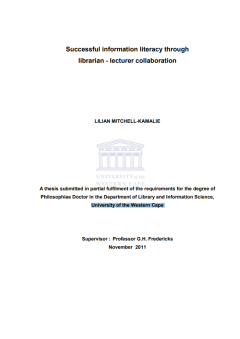
Successful information literacy through librarian - lecturer collaboration
- Edisi
- -
- ISBN/ISSN
- -
- Deskripsi Fisik
- -
- Judul Seri
- -
- No. Panggil
- 374.0124 Mit s
- Edisi
- -
- ISBN/ISSN
- -
- Deskripsi Fisik
- -
- Judul Seri
- -
- No. Panggil
- 374.0124 Mit s
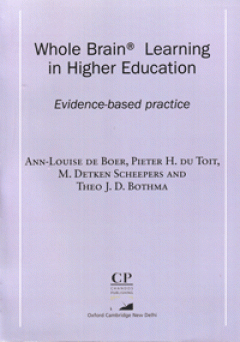
Whole Brain Learning in Higher Education
- Edisi
- -
- ISBN/ISSN
- 978-1-84334-742-2
- Deskripsi Fisik
- xxviii, 301 hlm.: ilus.; 25 cm.
- Judul Seri
- -
- No. Panggil
- 378 Who
- Edisi
- -
- ISBN/ISSN
- 978-1-84334-742-2
- Deskripsi Fisik
- xxviii, 301 hlm.: ilus.; 25 cm.
- Judul Seri
- -
- No. Panggil
- 378 Who
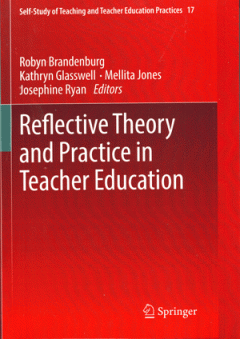
Reflective Theory and Practice in Teacher Education
- Edisi
- -
- ISBN/ISSN
- 978-981-10-3429-9
- Deskripsi Fisik
- xxvi, 284 hlm.; 25 cm.
- Judul Seri
- -
- No. Panggil
- 370.711 Bra r
- Edisi
- -
- ISBN/ISSN
- 978-981-10-3429-9
- Deskripsi Fisik
- xxvi, 284 hlm.; 25 cm.
- Judul Seri
- -
- No. Panggil
- 370.711 Bra r
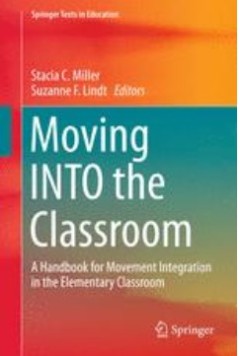
Moving INTO the Classroom: A Handbook for Movement Integration in the Element…
This textbook focuses on research in movement integration and the benefits of physical activity to the child’s physical, cognitive, emotional, and social development. It includes research on and suggestions for integrating movement into English-language arts, mathematics, science and social studies for lower and upper elementary students. Though the textbook is specifically aimed at elementar…
- Edisi
- -
- ISBN/ISSN
- 978-981-10-6424-1
- Deskripsi Fisik
- 287 Hlm.
- Judul Seri
- -
- No. Panggil
- -
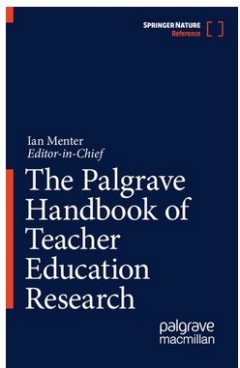
The Palgrave Handbook of Teacher Education Research
This handbook presents a timeless, comprehensive, and up-to-date resource covering major issues in the field of teacher education research. In a global landscape where migration, inequality, climate change, political upheavals and strife continue to be broadly manifest, governments and scholars alike are increasingly considering what role education systems can play in achieving stability and ma…
- Edisi
- -
- ISBN/ISSN
- 978-3-031-16193-3
- Deskripsi Fisik
- 1761 Hlm.
- Judul Seri
- -
- No. Panggil
- -
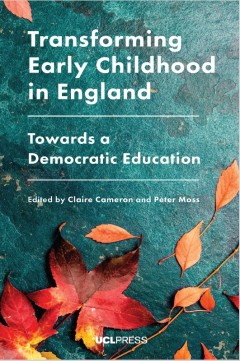
Transforming Early Childhood in England
Early childhood education and care has been a political priority in England since 1997, when government finally turned its attention to this long-neglected area. Public funding has increased, policy initiatives have proliferated and at each general election political parties aim to outbid each other in their offer to families. Transforming Early Childhood in England: Towards a Democratic Educat…
- Edisi
- -
- ISBN/ISSN
- 978-1-78735-716-7
- Deskripsi Fisik
- 264 hlm.
- Judul Seri
- -
- No. Panggil
- -
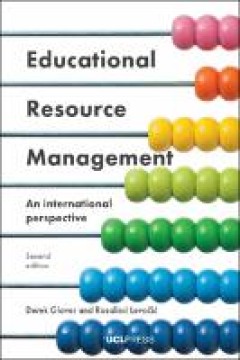
Educational Resource Management
The management of resources is a central duty for school and college leaders, but one for which they are often under-prepared. Good, contextual information and guidance are vital, especially as increased marketisation, international comparison and decentralised governance put additional pressure on leaders to manage their resources astutely. This second edition of Educational Resource Managemen…
- Edisi
- 2
- ISBN/ISSN
- 978-1-78735-838-6
- Deskripsi Fisik
- 197 hlm.
- Judul Seri
- -
- No. Panggil
- -
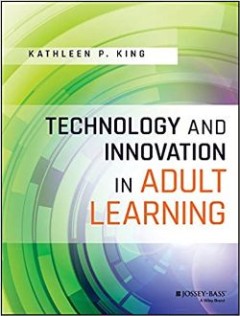
Technology and Innovation in Adult Learning
- Edisi
- -
- ISBN/ISSN
- 978-1-119-04961-6
- Deskripsi Fisik
- xvi, 288 hlm.: ilus.; 23,2 cm.
- Judul Seri
- -
- No. Panggil
- 374 Kin t
- Edisi
- -
- ISBN/ISSN
- 978-1-119-04961-6
- Deskripsi Fisik
- xvi, 288 hlm.: ilus.; 23,2 cm.
- Judul Seri
- -
- No. Panggil
- 374 Kin t

Rethinking Islam in Europe
After Islamic theology was given a place at universities in German-speaking areas, certain issues in the Islamic theology and religious pedagogy took on greater importance and moved to the forefront of discussion. A collection of various articles by the author, this book focuses on developing an understanding of Islam that is context-sensitive and takes both the Islamic tradition and the new Eu…
- Edisi
- -
- ISBN/ISSN
- 9783110752410
- Deskripsi Fisik
- 187p
- Judul Seri
- -
- No. Panggil
- -
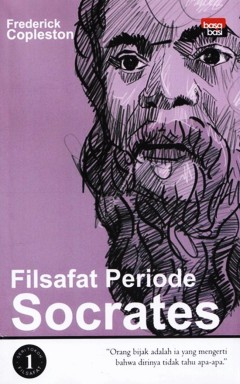
Collaborative Curriculum Design for Sustainable Innovation and Teacher Learning
This open access book provides insight into what it takes to actively involve teachers in the curriculum design process. It examines different aspects of teacher involvement in collaborative curriculum design, with specific attention to its implications for sustainable curriculum innovation and teacher learning. Divided into six sections, the book starts out by introducing the notion of collabo…
- Edisi
- -
- ISBN/ISSN
- 978-3-030-20062-6
- Deskripsi Fisik
- 424 hlm
- Judul Seri
- -
- No. Panggil
- -
 Karya Umum
Karya Umum  Filsafat
Filsafat  Agama
Agama  Ilmu-ilmu Sosial
Ilmu-ilmu Sosial  Bahasa
Bahasa  Ilmu-ilmu Murni
Ilmu-ilmu Murni  Ilmu-ilmu Terapan
Ilmu-ilmu Terapan  Kesenian, Hiburan, dan Olahraga
Kesenian, Hiburan, dan Olahraga  Kesusastraan
Kesusastraan  Geografi dan Sejarah
Geografi dan Sejarah